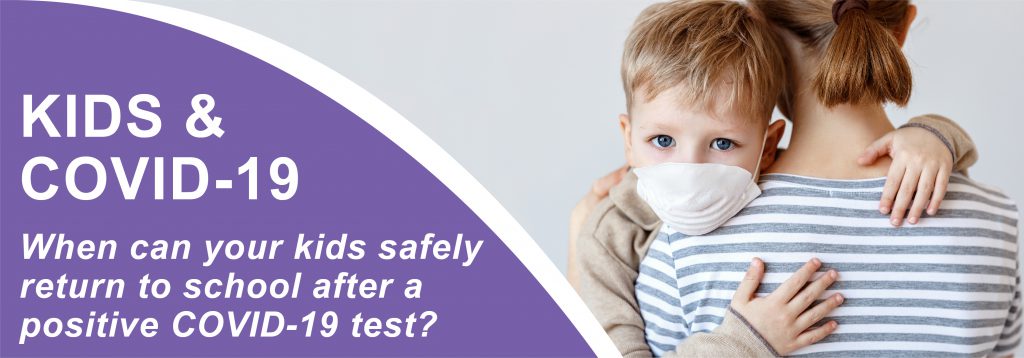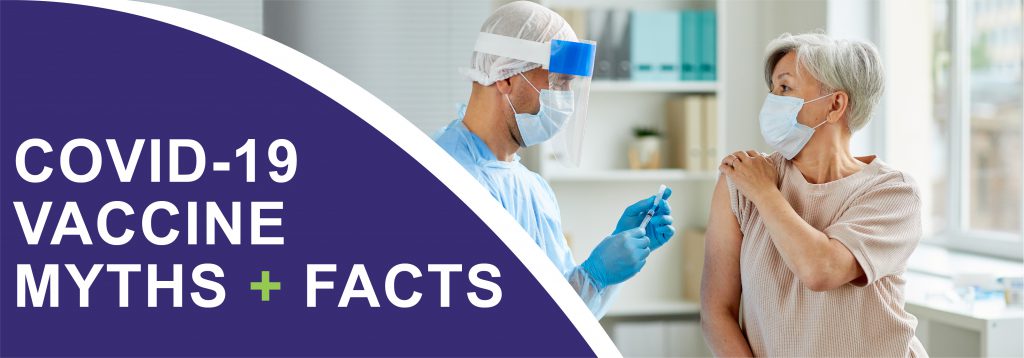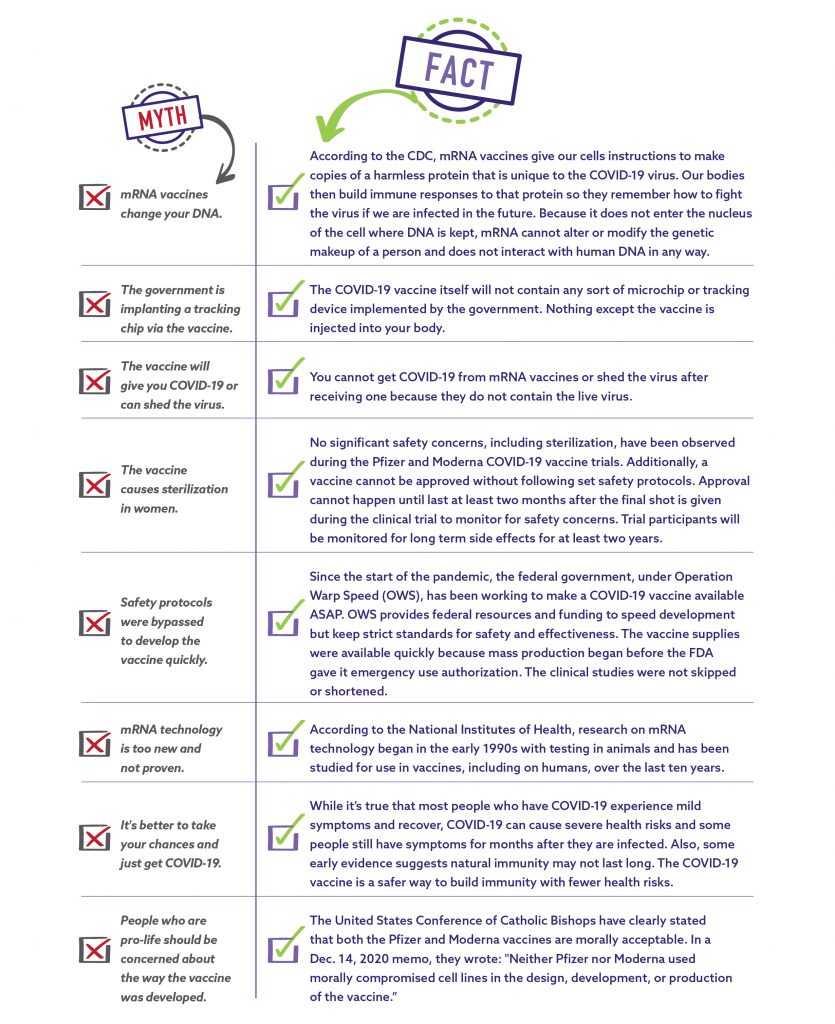
When can your kids safely return to school after a positive COVID-19 test?
It’s true fewer children have been sick with COVID-19 when compared to adults, but children can still be infected with the virus, get sick from it and spread it to others, even when they have no symptoms (asymptomatic). If you have or think you or your child might have COVID-19, it is important to stay home and away from other people both outside and inside the home. As much as possible, keep sick members of the family away from well members of the family, especially those that are more likely to become severely ill from COVID-19. Staying away from others when you are sick helps stop the spread of COVID-19. But just how long does a child need to quarantine and when can they return to school? The timing of when your child can return to school/camp/daycare/work after they had COVID-19 symptoms or exposure depends on the situation. Read on for advice from the Centers for Disease Control (CDC) on when it’s safe to return to normal life (or normal pandemic life).
If your child has current symptoms of COVID-19 but did not get tested; They may return to school, camp, daycare or work when:
- It has been 10 days since symptoms developed AND
- 24 hours with NO fever (without using any medications) AND
- Symptoms such as cough and congestion are improving
If your child tested positive for COVID-19; They may return to school, camp, daycare or work when:
- It has been 10 days since symptoms developed AND
- 24 hours with NO fever (without using any medications) AND
- Symptoms such as cough and congestion are improving
We do not recommend testing without symptoms but in some cases, this is a requirement. If your child tested positive for COVID-19 and has NO symptoms; They may return to school, camp, daycare or work when:
- It has been 10 days since the test was performed
- IF during this time period ANY symptoms develop (fever, cough, congestion, vomiting or diarrhea) please follow the information above on when they may return to school, camp, daycare or work.
If your child had COVID-19 symptoms and tested negative for COVID-19; They may return to school, camp, daycare or work when:
- 24 hours with NO fever (without using any medication)
- Other symptoms are improving
If your child has been in close contact with someone who tested positive for COVID-19, but your child has not been tested OR has tested negative;
Anyone who has been in close contact with someone who has COVID-19 needs to quarantine. What counts as close contact?
- Your child was within 6 feet of someone who has COVID-19 for at least 15 minutes
- Your child lives at home with someone who is sick with COVID-19
- Your child had direct physical contact with the person (touched, hugged, or kissed them)
- Your child shared eating or drinking utensils
- They sneezed, coughed, or somehow got respiratory droplets on you
Steps to take: Stay home and monitor your health.
- Stay home for 10 days after your last contact with a person who has COVID-19 to be sure you don’t develop symptoms. Contact your pediatrician if symptoms develop. (The local Health Department may recommend 14-day quarantine).
- Continue to watch for fever (100.4°F), cough, shortness of breath or other sick symptoms that may concern you about your child, until 14 days after exposure date.
- When possible, continue to wear a mask, stay 6 feet from others, especially people who are at high risk for getting COVID-19, avoid crowds, wash hands frequently.
If your child has symptoms of COVID-19 or has been exposed to someone that tested positive for COVID-19, contact your pediatrician for testing and next steps.


